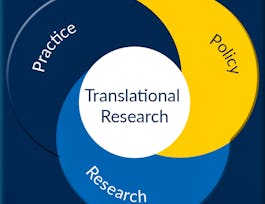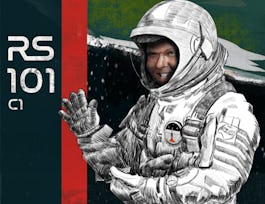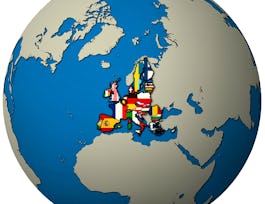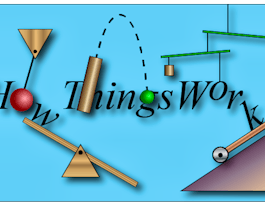Welcome to the Erasmus University Rotterdam Open Science MOOC! This course aims to empower researchers and research support professionals with foundational knowledge to conduct, support, and disseminate research efficiently and responsibly.



A starter’s guide to Open Science



Instructors: Dr. Lizette Guzman Ramirez
Sponsored by InternMart, Inc
Skills you'll gain
- Data Sharing
- Willingness To Learn
- Data Governance
- Medical Science and Research
- Science and Research
- Scientific Methods
- Clinical Research
- Open Mindset
- Course Development
- Curriculum Development
- Peer Review
- Lifelong Learning
- General Science and Research
- Research Methodologies
- Education and Training
- Curiosity
- Knowledge Transfer
- Instructional and Curriculum Design
- Educational Materials
- Instructional Design
Details to know

Add to your LinkedIn profile
7 assignments
See how employees at top companies are mastering in-demand skills


Earn a career certificate
Add this credential to your LinkedIn profile, resume, or CV
Share it on social media and in your performance review

There are 8 modules in this course
In this module, we will talk about the history and foundational ideas of open science. We will then explore similarities between open science principles and ethical standards of research. Finally, we will highlight the benefits of open science for individual researchers, research disciplines, and society.
What's included
4 videos1 reading1 assignment
In this module, we will talk about the definition and history of open access. We will learn the most common types of open access, and we will highlight the benefits of open access for individual researchers and society.
What's included
4 videos1 reading1 assignment
In this module, we will talk about the definition of research data and what does open data means. We will then learn about the FAIR principles and finally we will talk about data repositories.
What's included
3 videos1 reading1 assignment
In this module, we will talk about the definition of research materials and what does open materials is. We will then learn about examples of materials and how can researchers share these materials.
What's included
3 videos1 reading
In this module, we will introduce preregistration and highlight its usefulness by using clinical trials as an example. We will also introduce a special article format called Registered Reports and show how it can help mitigate cognitive biases and issues associated with current incentives in academic publishing.
What's included
3 videos1 reading1 assignment
In this module, we will introduce open educational resources, we will present a few examples and discuss the benefits and challenges of creating and using Open Educational Resources.
What's included
2 videos1 reading1 assignment
In this module, we will explore the connection between engaged and open research, we will present ways and examples of this connection and discuss the process and challenges of Open Engaged Research.
What's included
3 videos1 reading1 assignment
In this module, we will explore some new trends in the evaluation of research performance. We will briefly describe the current evaluation practices to highlight why open science offers a new perspective on research evaluation on three different levels: individual, institutional, and international.
What's included
2 videos1 reading1 assignment
Instructors



Offered by
Why people choose Coursera for their career




Recommended if you're interested in Social Sciences

University of Michigan

University of Michigan

ESCP Business School

University of Virginia

Open new doors with Coursera Plus
Unlimited access to 10,000+ world-class courses, hands-on projects, and job-ready certificate programs - all included in your subscription
Advance your career with an online degree
Earn a degree from world-class universities - 100% online
Join over 3,400 global companies that choose Coursera for Business
Upskill your employees to excel in the digital economy



